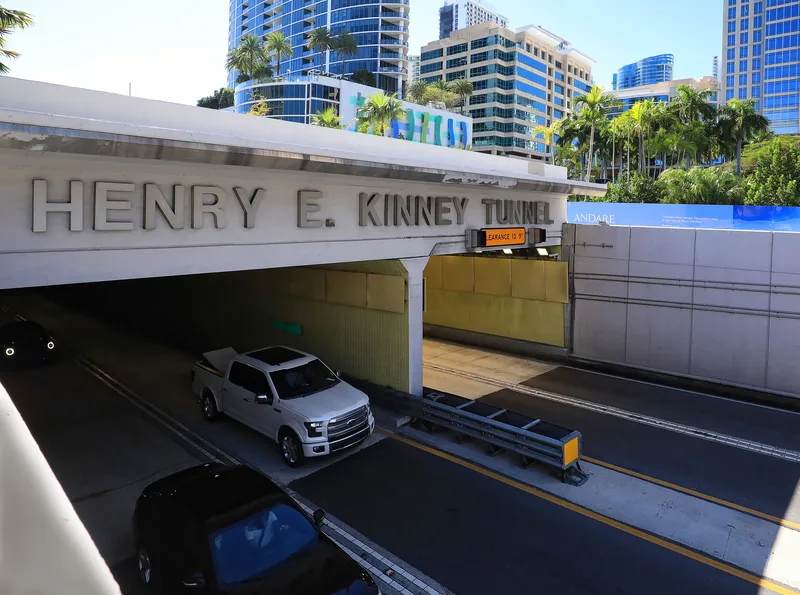Luxembourg’s national railway operator CFL has awarded Kapsch CarrierCom the contract to implement a countrywide railway communication network based on GSM-R (Global System for Mobile Communications – Railway) for the country’s railway network. The contract, which is scheduled to be complete at the beginning of 2017, includes operation and service support for the first three years.
Kapsch will be installing an end-to-end railway telecommunication network based on the GSM-R standard, including a modern IP
March 30, 2016
Read time: 2 mins
Luxembourg’s national railway operator CFL has awarded 81 Kapsch CarrierCom the contract to implement a countrywide railway communication network based on GSM-R (Global System for Mobile Communications – Railway) for the country’s railway network. The contract, which is scheduled to be complete at the beginning of 2017, includes operation and service support for the first three years.
Kapsch will be installing an end-to-end railway telecommunication network based on the GSM-R standard, including a modern IP-based Release 4 core network and a future-proof access network. The access network features Kapsch’s latest Railway Dedicated Network (RDN) RDN.base station, which is ERTMS grade and IP-capable. Delivery and integration of other sub-systems, such as a new dispatcher network with integration on the existing system and the fiber based transmissions system, will also be provided by Kapsch.
In addition, the new system enables the technical interoperability on a European level in accordance to the trans-European high-speed rail system intended by the European Union.
Kapsch will be installing an end-to-end railway telecommunication network based on the GSM-R standard, including a modern IP-based Release 4 core network and a future-proof access network. The access network features Kapsch’s latest Railway Dedicated Network (RDN) RDN.base station, which is ERTMS grade and IP-capable. Delivery and integration of other sub-systems, such as a new dispatcher network with integration on the existing system and the fiber based transmissions system, will also be provided by Kapsch.
In addition, the new system enables the technical interoperability on a European level in accordance to the trans-European high-speed rail system intended by the European Union.









